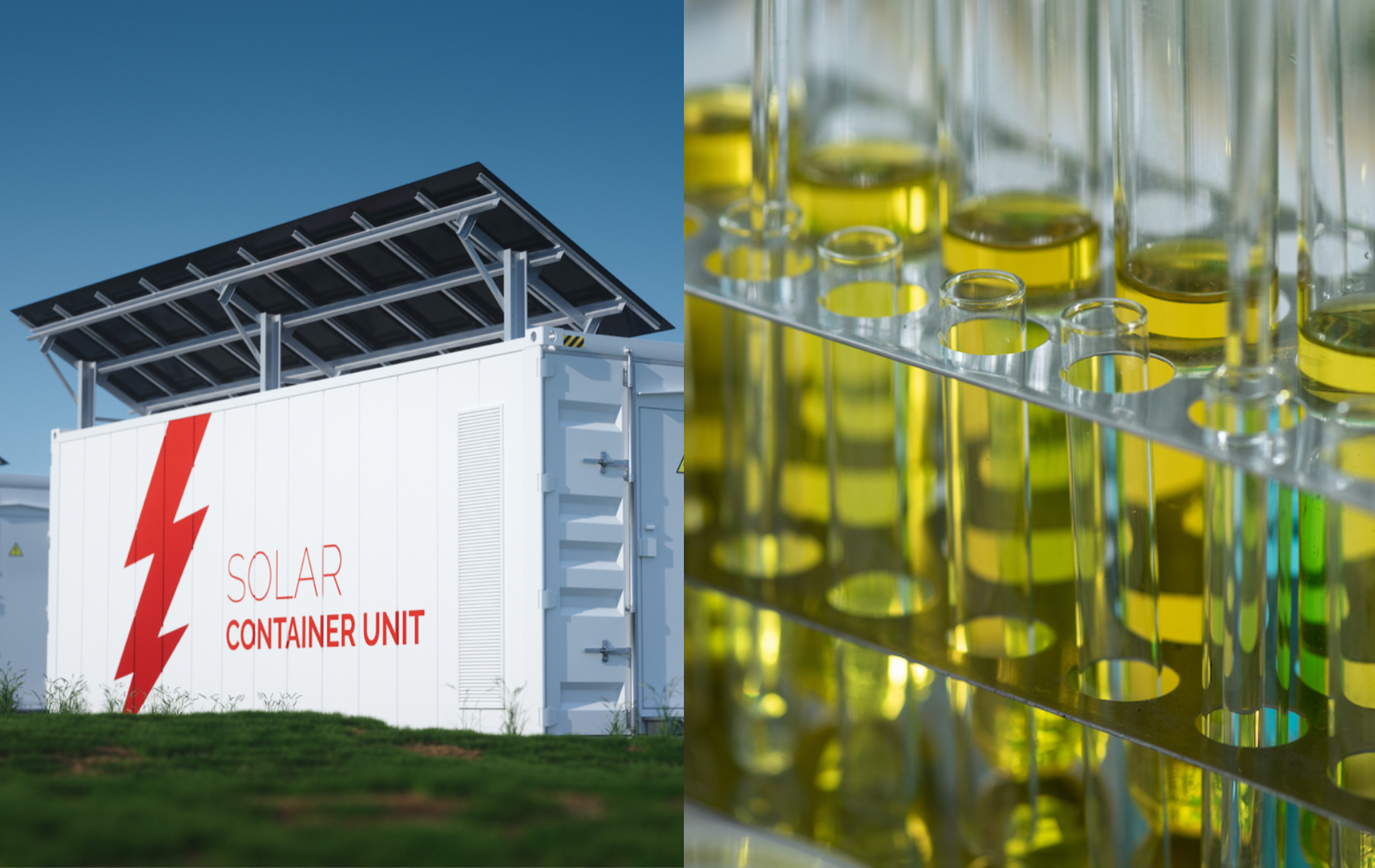Ph decarbonization drive seen to attract investments
- December 3, 2021
- 0

The country’s drive towards decarbonization is seen as a “massive” investment opportunity with the huge volume of renewable energy (RE) capacity needed to gain significant ground towards a green economy, said global consulting firm McKinsey & Co.
Based on the multinational firm’s projection, the Philippines would need over 1,000 gigawatts of added RE capacity to meet its decarbonization goals, McKinsey Senior Partner Vishal Agarwal said in a BusinessWorld report.
The Department of Energy’s (DOE) Philippine Energy Plan 2020-2040 shows the country has a total of 26,250 megawatts (MW) in installed capacity as of end-2020, 7,617MW or 29% of which is composed of RE.
Agarwal noted the increasing business opportunities in RE such was battery energy storage systems (BESS), advanced solar power system technology assembly, and grid modernization.
Aboitiz Power Corporation, Ayala-led ACEN, and SMC Global Power Holdings have begun installing their respective BESS facilities throughout the country and even abroad.
Agarwal further noted the growing opportunities in using biofuel in sectors such as transportation, industry, waste, and forestry and other land use.
Recently, the Federation of Philippine Industries proposed to the DOE the inclusion of palm oil as a form of biodiesel. Earlier, the department itself proposed increasing the biofuel blend to 5.0 percent from the current 2.0 percent.
The Philippines has committed to reduce its greenhouse gas emissions by 75% come 2030. Around 72% of this total will rely on climate financing, technology, and capacity development support from developed countries.